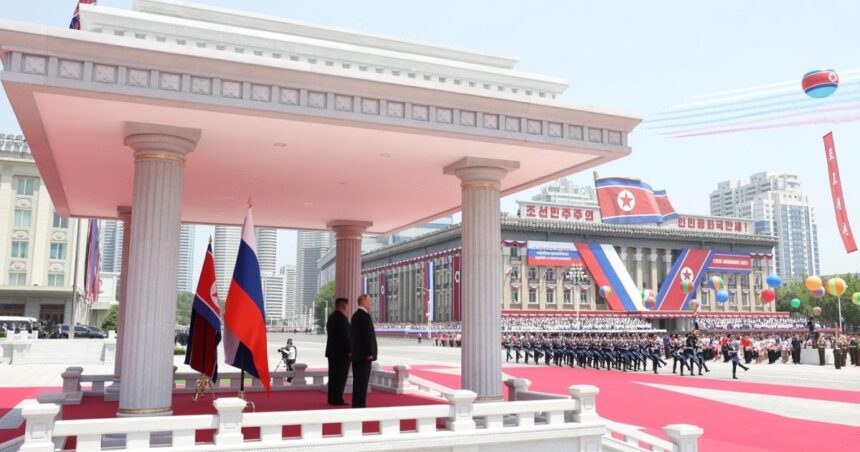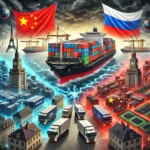The article elaborates on Russia and North Korea’s emerging strategic alliance, which has been formalized by a Comprehensive Strategic Partnership Treaty. This collaboration marks a significant shift in Russia’s long-standing strategy of keeping a balance in its relationships with both North and South Korea. North Korea has given Russia notable military support for its continuous struggle in Ukraine. In exchange, Russia is improving North Korea’s missile and satellite capabilities, which are viewed as critical to Pyongyang’s defence plan.
The arrangement exemplifies Russia’s changing geopolitical stance, which is marked by a shift away from promoting stability on the Korean Peninsula and toward developing closer military partnerships with “pariah” regimes like North Korea. Moscow’s posture change shows a readiness to challenge the current global order and maybe embrace some cases of nuclear proliferation in order to create substitute geopolitical centres of influence. This approach captures Putin’s main goal of forming alliances with nations opposing Western hegemony.
Still, this step also shows a preventive action against China’s growing supremacy. Although both China and Russia have an unfavourable opinion of the West, China’s interactions with North Korea and Russia are more complex since it wants to dominate the worldwide power scene. Though they have shared objectives, Russia and North Korea want to strengthen their cooperation to keep their freedom from China. China’s great economic impact over North Korea and historical problems with Russia, especially unsolved border issues resulting from the 1969 Sino-Soviet clash, define the geopolitical triangle created by China, North Korea, and Russia.
Russia’s growing reliance on North Korea also could strain its wider ties in Asia. While strengthening ties with North Korea might increase Russia’s influence over Western nations, it also runs the risk of alienating China or inspiring North Korea to carry out more destabilizing activities. As a result, South Korea, Japan, and the United States could find themselves more closely aligned.
Russia’s and North Korea’s cooperation essentially meets their current needs, but it also raises a long-term stability risk. While unifying Russia and North Korea against Western power structures and so perhaps countering Chinese influence, the alliance links Russia’s struggle in Ukraine to the global scene.
Read the full article here.







